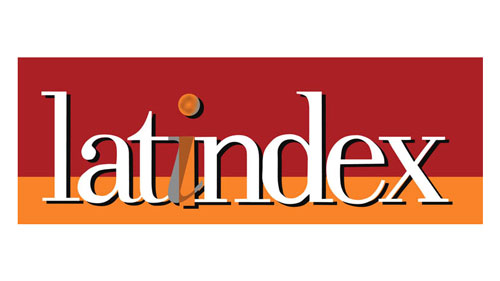The role of cultural attitudes of brazilian students in English as a second language immersion programs in the United States
Keywords:
immersion courses, second language (L2), English as a second language (ESL), cultural atitudeAbstract
There are many Brazilian student cultural exchange programs that promote immersion courses abroad. However, there is little information available on the importance of the cultural attitude of students learning a second language, immersed in a second culture. The purpose of this study was to see if second language (L2) students with positive cultural attitudes towards the target culture would develop a higher language proficiency (during the same period of time) than students with negative attitudes based on stereotypes of the second culture. The experiment consisted of two stages evaluating the development of ten English as a second language (ESL) students, at a basic level of language proficiency. The first stage took place before the immersion courses - tests measuring the level of language proficiency and cultural attitude of each participant. After their three or four month program in the immersion courses in the United States, the second stage was implemented - again, tests measuring language proficiency and cultural attitude - to see if there was any change in the participant's performance regarding level in English language proficiency. The results indicated that students with more positive cultural attitudes achieved higher levels of language proficiency than those with more negative cultural attitudes. Based on these results, it is suggested that cultural attitude may have a positive or negative effect on a second language learner's level of achievement in second language proficiency.
Downloads
Downloads
Published
How to Cite
Issue
Section
License

A Revista Horizontes de Linguística Aplicada de http://seer.bce.unb.br/index.php/horizontesla/index é licenciado sob uma Licença Creative Commons Atribuição-Uso não-comercial-Vedada a criação de obras derivadas 3.0 Unported.
- Autores mantém os direitos autorais e concedem à revista o direito de primeira publicação, sendo o trabalho simultaneamente licenciado sob a Creative Commons Attribution License o que permite o compartilhamento do trabalho com reconhecimento da autoria do trabalho e publicação inicial nesta revista.
- Autores têm autorização para assumir contratos adicionais separadamente, para distribuição não-exclusiva da versão do trabalho publicada nesta revista (ex.: publicar em repositório institucional ou como capítulo de livro), com reconhecimento de autoria e publicação inicial nesta revista.




